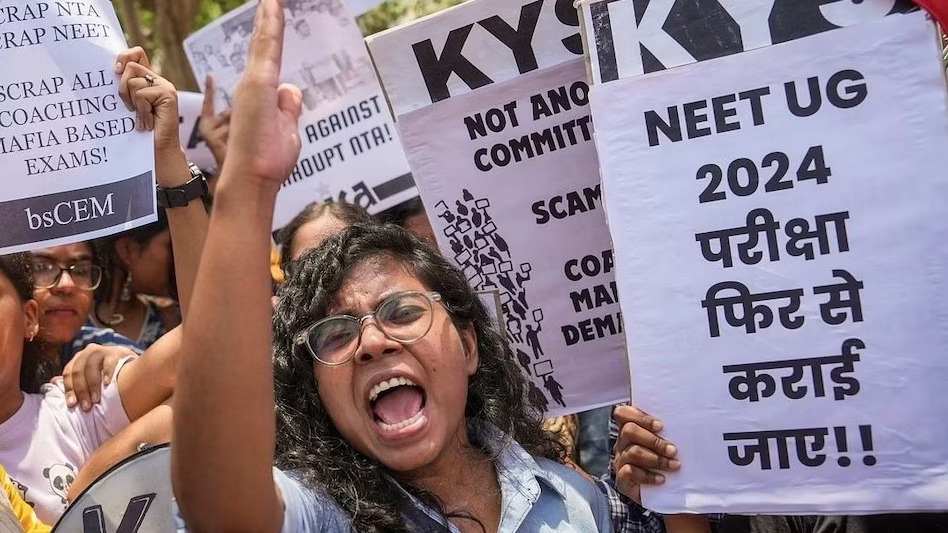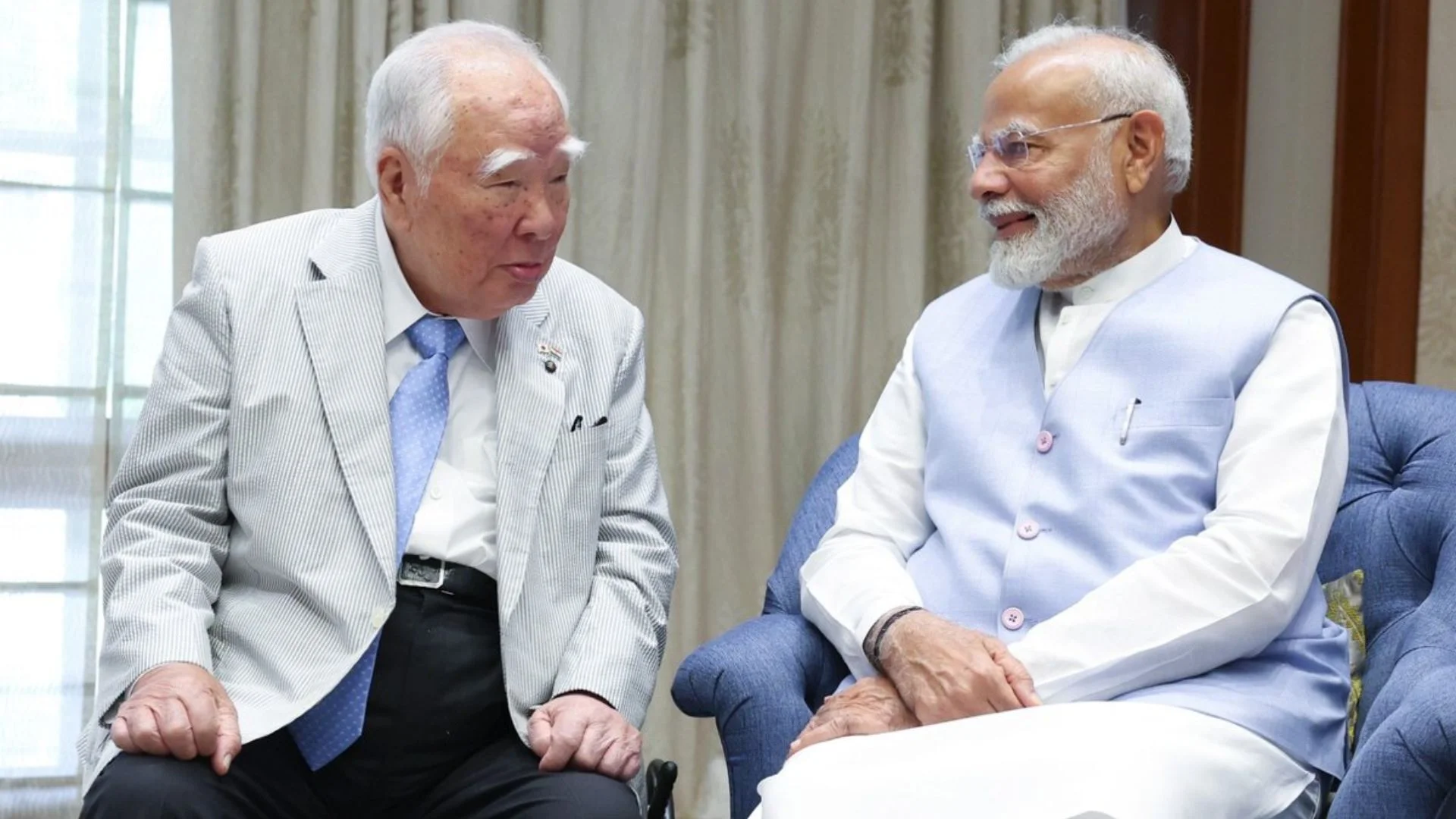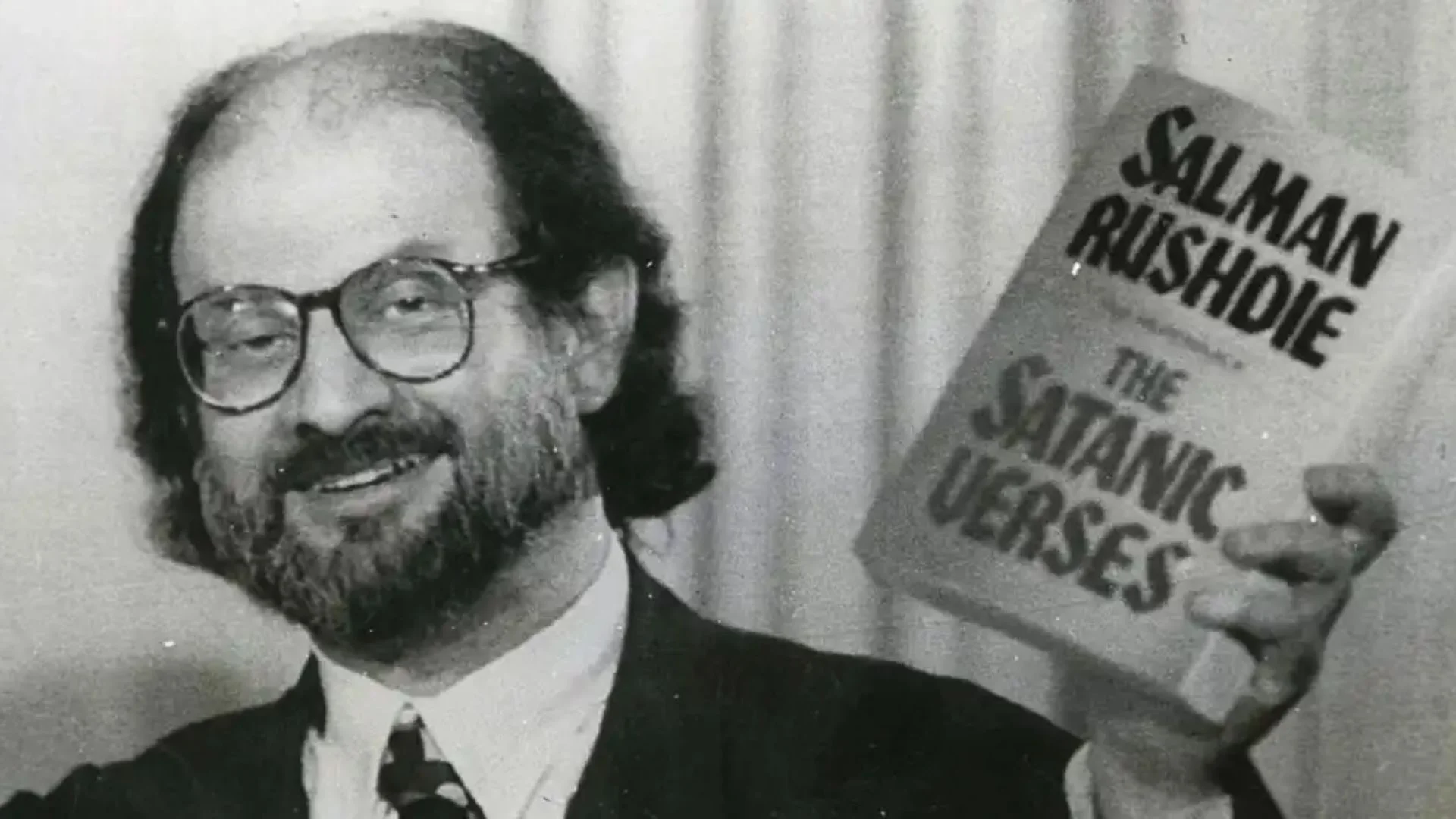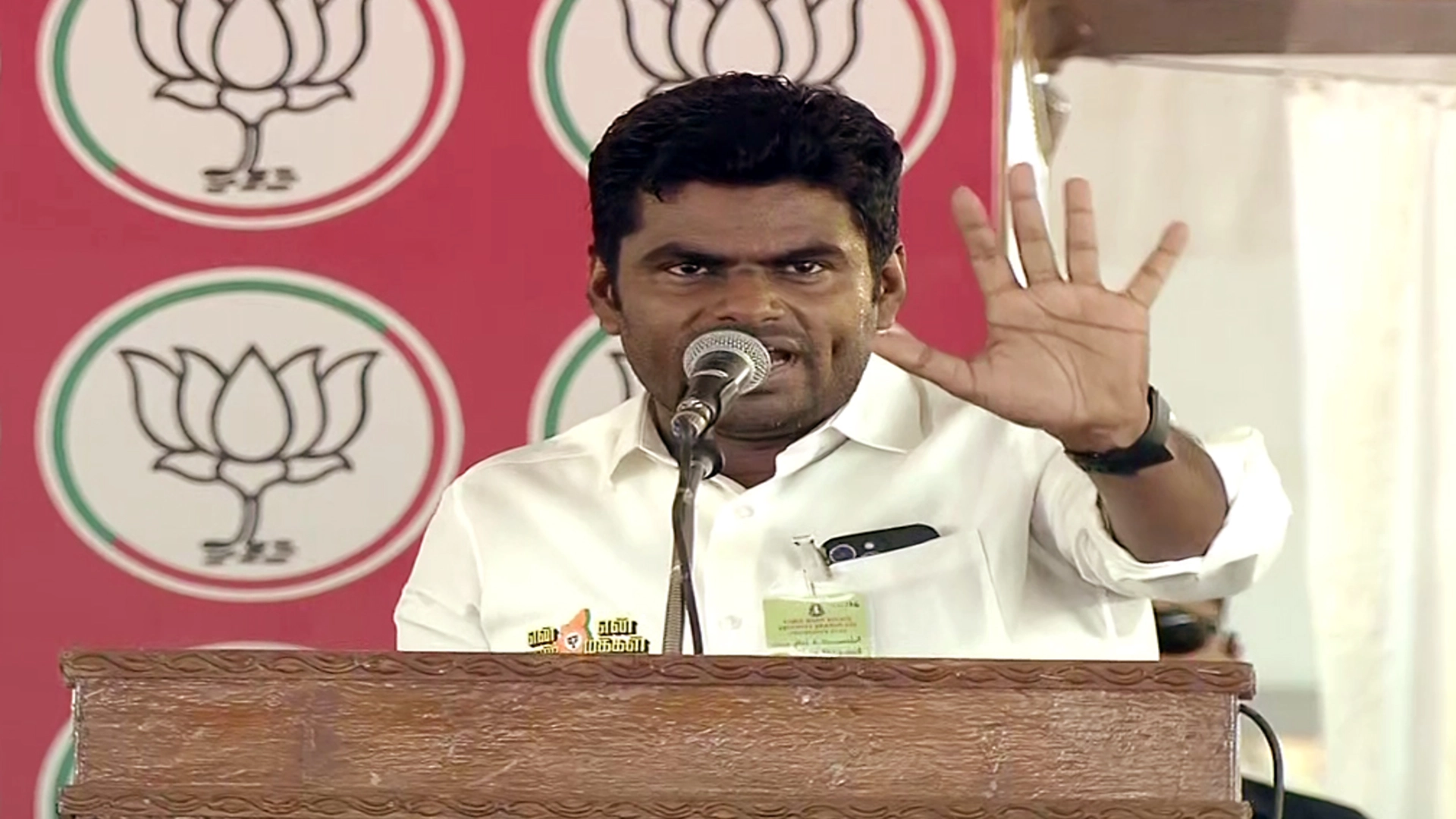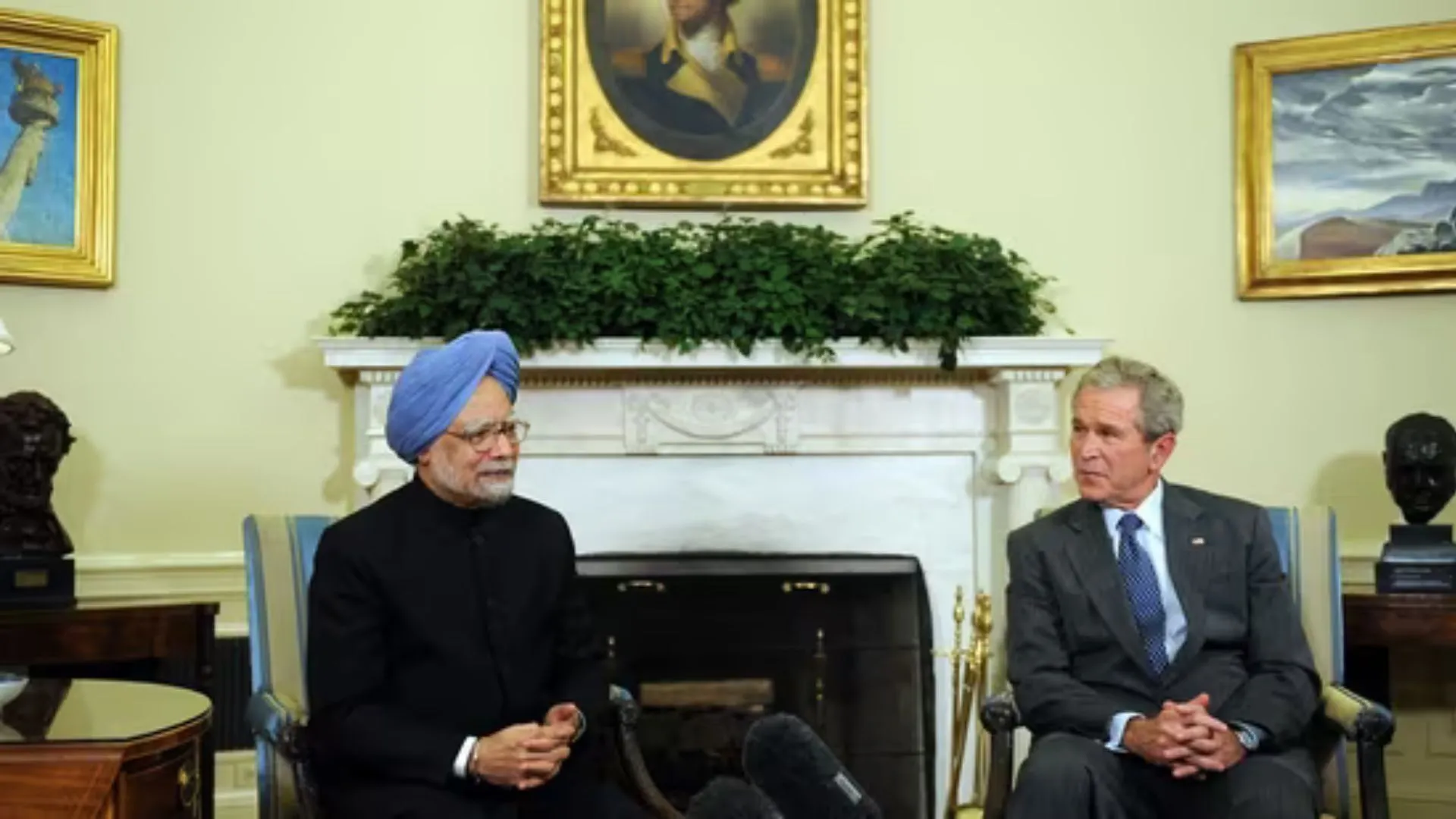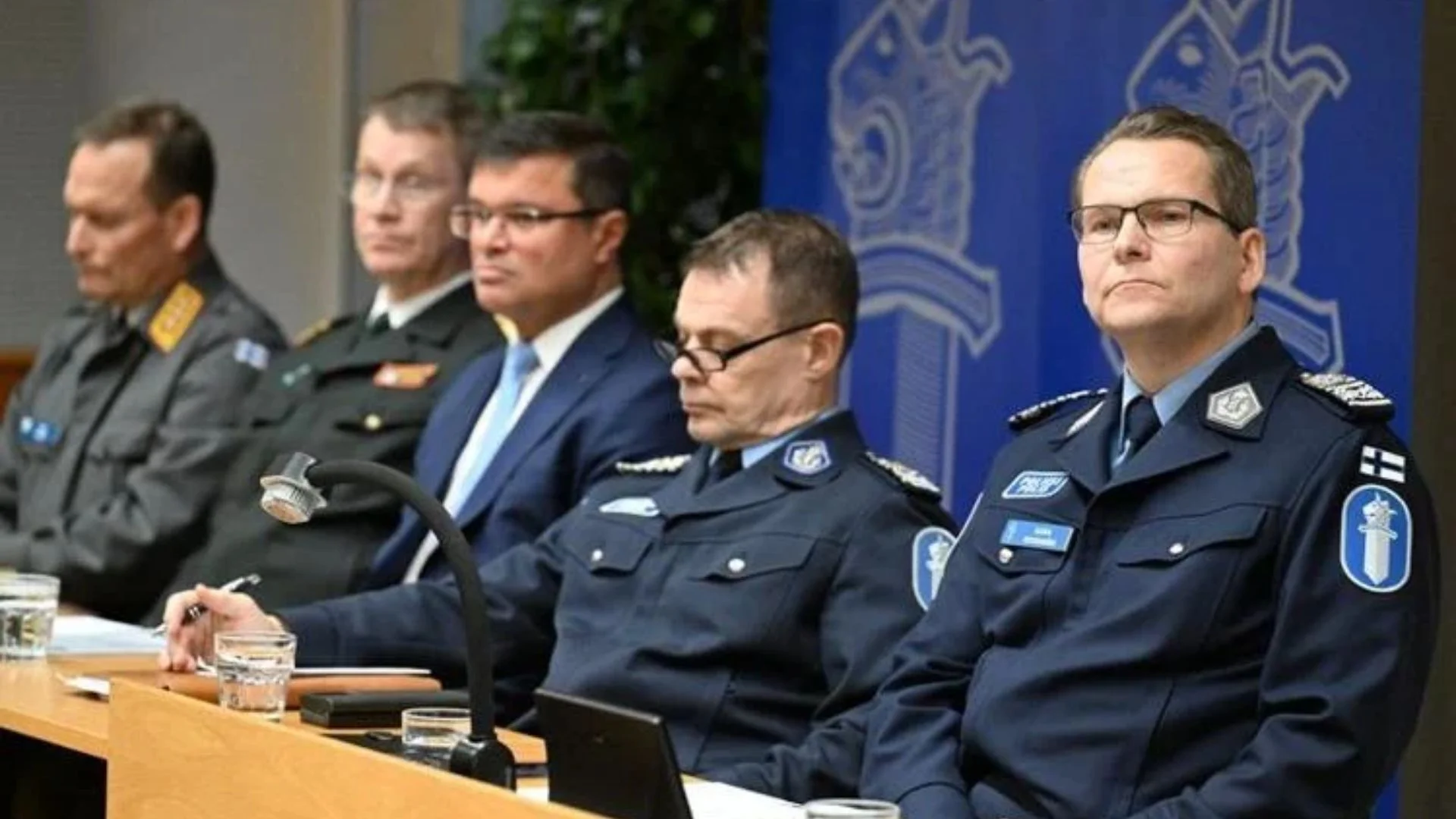In the busy corridors of the Ministry of Education, where stacks of paperwork mount and bureaucrats scurry with an urgency that belies the chaotic nature of their tasks, an important decision was made. The announcement of the cancellation of both the NEET and NET exams reverberated through the academic sector, leaving a trail of confusion and frustration. Students, who had dedicated countless hours to mastering formulas and theories, were left bewildered and disheartened. It appears the system had once again played its hand in a game of bureaucratic roulette.
The Education Ministry’s response to the NET scandal contrasts sharply with its handling of the ongoing NEET fiasco, hinting at some lessons learned. Acting on inputs from the Home Ministry’s cybercrime team, the Ministry swiftly cancelled the UGC-NET and promised a fresh examination, without waiting for formal complaints from candidates. This proactive approach stands in stark contrast to the NEET case, where the Ministry has been sluggish, despite multiple allegations and police complaints of paper leaks. The Ministry has requested a probe by the Central Bureau of Investigation (CBI) into the NET incident, while NEET aspirants continue to demand a similar investigation without success.
However, for the over nine lakh UGC-NET candidates who prepared for months and travelled long distances to their examination centres, often taking loans to cover expenses, this swift action offers little consolation. These young people deserve answers, yet many questions remain unanswered.
Firstly, there is the issue of why the NET, which was an offline exam conducted by the CBSE until 2018, became an online exam under the NTA, only to revert to an offline format this year. The offline, pen-and-paper format is more vulnerable to paper leaks, raising concerns about the decision’s logic. As the investigation unfolds, transparency is crucial to restoring the NTA’s trustworthiness in the eyes of the candidates.
Secondly, accountability and punishment of the guilty are essential. The government must consider a comprehensive overhaul of the NTA’s systems and personnel to prevent future technical glitches, cheating scams, paper leaks, and proxy candidates. With the fate of lakhs of educated youth and the youngest voters at stake, the NTA’s issues have become a significant political issue.
Some Opposition leaders have called for dismantling the NTA and transferring responsibility for entrance examinations to the States. This could mitigate the central government’s tendency to conduct massive, unwieldy examinations, which are harder to manage across a vast and diverse nation. However, national examinations will always be necessary, and the States must collaborate with the Centre to restore the integrity of the examination system.
In this turbulent scenario, one thing is clear: the young minds of India deserve a reliable, fair, and transparent examination system. The cancellation of the NEET and NET exams, while shocking, may serve as a wake-up call for the government to address the systemic issues plaguing the education sector. For now, the bewildered students, at the heart of this academic storm, await clarity and justice.
The sudden cancellation of the University Grants Commission-National Eligibility Test (UGC-NET) examination, just a day after it was conducted, is a significant embarrassment for the Centre and a betrayal of the faith reposed by lakhs of candidates. The decision was attributed to intelligence reports suggesting the examination, essential for appointing assistant professors, awarding junior research fellowships, and PhD admissions, may have been compromised. Allegations of paper leakage have marred the test, for which over 11 lakh candidates registered. The Education Ministry acted on inputs from the National Cyber Crime Threat Analytics Unit of the Indian Cyber Crime Coordination Centre, exposing the loopholes in conducting a prestigious national-level test that determines the fate of hundreds of thousands of candidates.
The NEET-UG exam this year was similarly marred by allegations of paper leaks, malpractice, and discrepancies in results, with 13 people arrested so far. The NTA, after these twin debacles, faces a severe credibility crisis. The CBI’s involvement in the investigation underscores the seriousness of the situation, but the damage is done, and public trust is eroded.
The central government has spoken about setting up a high-level committee to recommend an overhaul of the examination processes. This overhaul must involve domain experts, educationists, and all other stakeholders, rather than unilateral impositions of new guidelines. The recent enactment of the Public Examinations (Prevention of Unfair Means) Act, providing for stringent penalties for unfair practices, underscores the need for integrity in the examination system.
The education system is the heart of our society, shaping the future of millions. Repeated breaches in the examination process are not merely administrative failures but betrayals of the trust students place in the system. India’s youth deserve a fair chance to prove their merit without the shadow of corruption. The cancellation of the NET and NEET exams should be a catalyst for comprehensive reforms to ensure a transparent, reliable, and fair examination system.

